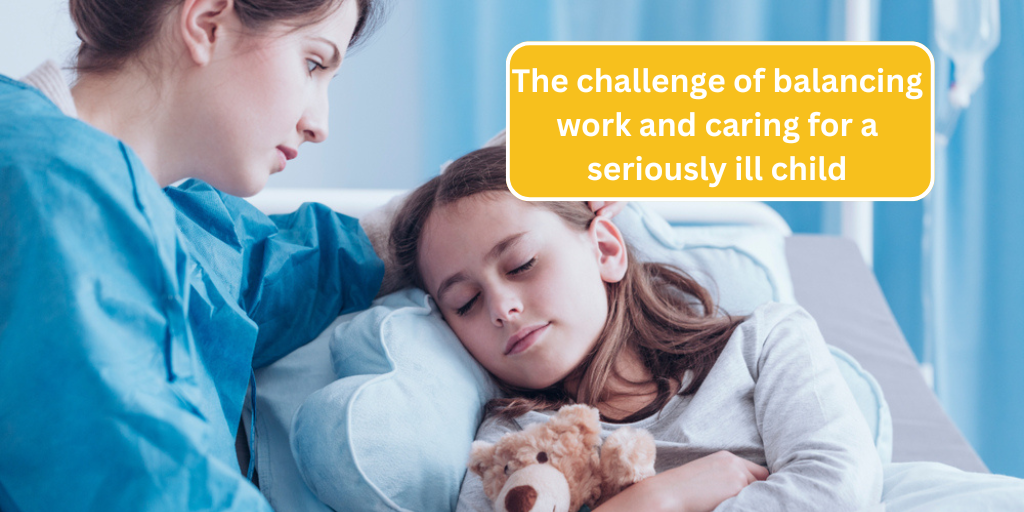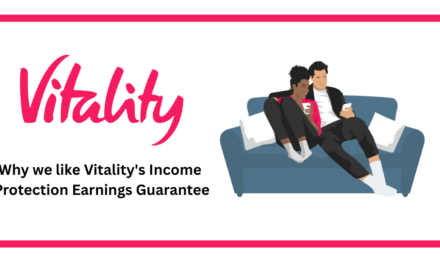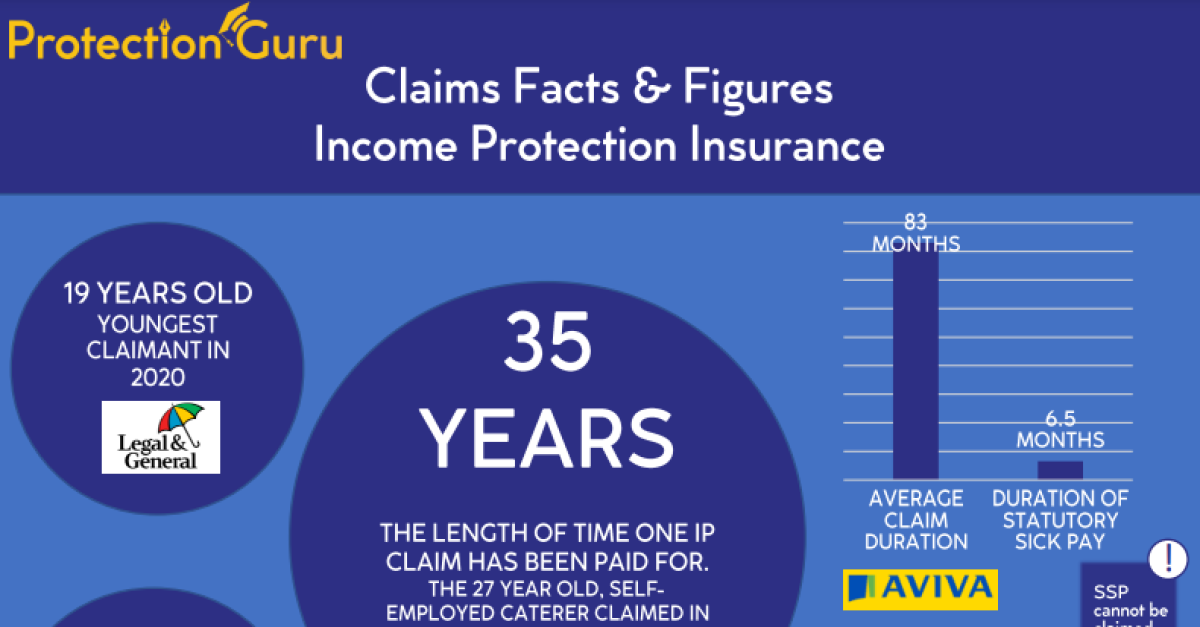
The challenge of balancing work and caring for a seriously ill child

In reading this article you will understand:
- The financial impact of having a seriously ill child.
- The limited employer support available to help a client and additional challenges for the self-employed.
- The cost of caring for a sick child and the lack of government support in this area.
- How children’s critical/serious illness cover can offer you the support you need.
For parents, juggling the demands of a job while caring for a seriously ill child is an immense challenge. The emotional toll of hospital visits, providing medical care at home, and navigating a complex healthcare system adds layers of stress, especially when trying to maintain employment. The logistical and emotional demands can be overwhelming, requiring parents to make tough decisions about their work-life balance.
The financial impact of giving up work
The decision to leave work to care for a sick child carries significant financial consequences, particularly during a cost-of-living crisis. Many parents face the difficult choice of reducing their work hours or leaving their jobs entirely. While maintaining employment, even on a part-time basis, can offer a sense of normalcy and support mental health, it still necessitates the ability to take time off—a luxury not all employers are willing or able to provide.
Limited employer support
While paid holiday entitlements can offer some relief, they are often insufficient for parents of seriously ill children. On average, UK workers have 28 days of paid leave per year, which is rarely enough when a child requires frequent and prolonged hospital stays. Employers are legally required to offer emergency time off for dependents, but this is typically reserved for unforeseen circumstances, not ongoing care, or pre-scheduled appointments.
Although some employers may go above and beyond to support their staff, few can afford to offer unlimited paid leave. Parents may find themselves negotiating for reduced hours, remote work, or facing the stark reality of leaving their jobs entirely.
The unique challenges of self-employment
Self-employed parents, including sole traders and business-owning directors, face a separate set of challenges. While they have the flexibility to take as much time off as needed, they lack the safety net of paid leave or employer-provided benefits. This precarious situation can lead to significant financial instability, as these parents must balance the demands of their businesses with the needs of their children.
The cost of caring for a sick child
Recent research from Family Fund, a charity supporting families with disabled or seriously ill children, underscores the financial strain faced by these families. The “Cost of Caring” report reveals that nine out of ten families are struggling with their household bills, with many forced to cut back on essentials like food, heating, and basic household items to make ends meet.
More than half of the parents surveyed reported skipping meals due to financial constraints, and over 40% said they could not afford to keep their homes warm—a 13% increase from the previous year. The report paints a grim picture of rising debt levels and increased reliance on credit, highlighting the unsustainable pressure on families raising disabled or seriously ill children.
The inadequacy of state benefits
For families relying on state benefits as their primary source of income, the situation is even more dire. With average monthly support falling short by over £1,700, the financial reality of caring for a seriously ill child quickly becomes apparent. Even when a child is hospitalised, parents still face costs for food, lodging, and other necessities, exacerbating their financial difficulties.
The case for children’s critical/serious illness cover
Considering these challenges, the importance of children’s critical illness cover or serious illness cover becomes evident. While no insurance policy can alleviate the emotional burden of caring for a sick child, it can provide crucial financial support during a challenging time. However, discussing potential child illness with parents can be challenging, as it touches on a subject most would rather avoid.
Yet, it is vital for financial advisers to initiate these conversations. Failing to consider all scenarios and options could leave families under-protected, which is particularly concerning given the heightened regulatory focus on consumer duty.
By securing children’s critical/serious illness cover, parents can gain some financial breathing room, alleviating one of the many pressures they face. With a variety of options available—from standard coverage to enhanced and pregnancy cover policies and the option to add children’s cover to some income protection and family income benefit policies —there has never been more flexibility to tailor coverage to the unique needs of each family.
Children’s critical illness cover however is traditionally only available as a benefit alongside adult critical illness cover, and whilst in recent years insurers have altered their approach to child CI, by offering more flexible options, this mostly remains the case. There are however three insurers- Guardian, Vitality & Zurich– that offer completely separate child CI, allowing clients to include the cover alongside a different core adult benefit such as life cover or income protection. This can be very useful for budget-conscious families who can’t afford their own critical illness plans.
The earlier this protection is arranged; the better equipped families will be to navigate the challenging journey of caring for a seriously ill child.
Things to reflect on for CPD:
- When recommending critical illness cover, how much weight does the quality of the children’s critical/serious illness cover carry towards your recommendation?
- How familiar are you with the different ways Guardian, Vitality and Zurich allow clients to include children’s serious illness cover?


















